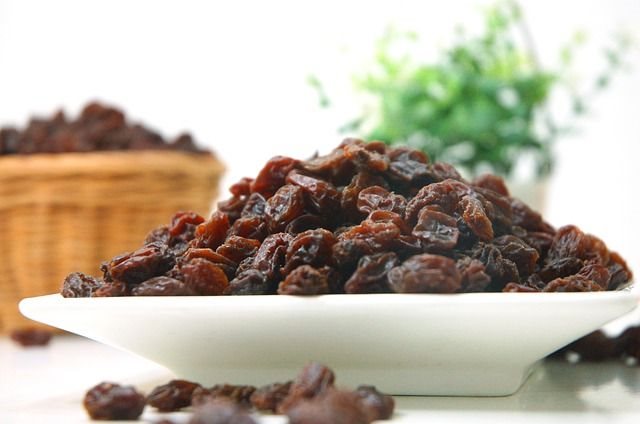






The Kgodiso Fund was established as one of PepsiCo sub-Saharan Africa’s public interest commitments, made to the government at the time of the acquisition of Pioneer Foods.
The first project announced in the Northern Cape is an investment of R12m for the first year, in a partnership with Raisins SA, to establish a Vine Academy and Model Farm in Kakamas, NC. The academy will provide classroom-based and practical training for emerging farmers and farm workers, while the Model Farm will be the centre for research and development on the best practice for raisin farming and production in South Africa.
The second project is the investment of R16m by the Kgodiso Development Fund to fund three emerging Black farmers with loans to expand their raisins production. Raisins SA will support the farmers with the technical skills and financial acumen required to uplift their vineyards to good agricultural standards.
"The Kgodiso Development Fund is specifically mandated to look at creating ‘shared value’ solutions that ultimately help build a sustainable food system by increasing inclusivity in agriculture, creating local employment opportunities and increasing local procurement and supplier diversity," explains Diale Tilo, executive director.
South Africa is currently ranked the fifth largest producer of raisins worldwide, and given that grape production is extremely labour intensive, the potential for employment opportunities is immense. "However, for this region to remain competitive over the long term, the industry needs access to a pool of the best possible skilled human resources and be at the forefront of research and development," adds Tilo.
The Vine Academy project is being established in conjunction with one of the oldest agricultural schools in South Africa, Martin Oosthuizen High School. As an established industry institution, the school was identified as a strategic asset in addressing human resources and research and development shortcomings.
Martin Oosthuizen has under-utilised land, water and infrastructure, all operationalised by Raisins SA since April 2021. Raisins SA now intends to strengthen existing operations at the school with modern facilities by establishing a vine academy and model farm in line with its strategic objectives.
PepsiCo SSA is a large procurer of raisins for its Safari and Simba brands for both the local and international markets. It operates a large and technology advanced processing facility in Upington and sources raisins from both the Orange River and Vredendal areas.
While the Kgodiso Development Fund operates independently from PepsiCo, one of the ways to assist its beneficiaries include providing a route to market. Tilo explains: “One of the biggest barriers to emerging farmers is not having access to buyers at scale, as well as the means to transport or distribute their products to market. With the Fund’s ties to PepsiCo SSA, we are able to offer the beneficiaries access to a large buyer of (in this case) raisins.”
The concept of the 'Model or Demonstration Farm' is one that PepsiCo crafted several years ago to teach and scale sustainable farming practices. PepsiCo SSA Strategy and Transformation director, Derick Appia-Kubi explains: "As one of the world’s leading food and beverage companies, PepsiCo has a responsibility to help build a more sustainable food system – one that can meet the needs for nutrition and enjoyment, will continue to drive economic growth and social development."
"In partnership with our peers, governments, NGOs, and the communities where we operate, we are working to help build a sustainable food system. One of the ways we are trying to achieve this is by developing a sustainable farming program, by using this model farm concept, to provide farmers on the ground with training in field agronomy, efficient fertiliser and water use, and plant protection techniques."
PepsiCo has worked with more than 40,000 farmers in 38 countries across its direct supply chain to provide training and resources that can help them increase productivity, resiliency, and sustainability. These include smallholders and large-scale farmers around the world who are innovating with different sustainable, regenerative farming techniques, and sometimes it is simple techniques such as switching to drip irrigation or netting.
"But then we bring the neighbours and adjoining farmers from the nearby towns to the model farm where they get to talk to the farmer, learn about the tools and techniques used, and see how much more they could be growing and earning," say Appia-Kubi, "and this is how change happens – one person talking to another and then another, and sharing a good idea".
"We are excited to see how this partnership with a number of stakeholders can bear fruit to benefit and uplift the beneficiaries in this industry, but also the broader community," concludes Tilo